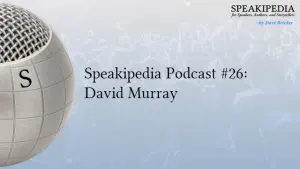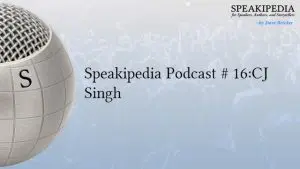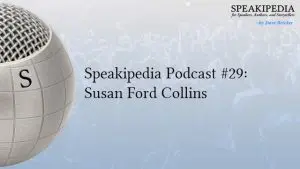We talked about the I-infection—about people who talk incessantly about themselves.
I did this and I did that.
That gets old fast. Audiences want to know what’s in it for them.
So how do we use “I,” “we,” and “you” in our speeches?
Not many speakers do.
Use “we,” “our,” and “us” when you talk about conflicts or negatives. This shows the audience that the challenges are something we face, too. We’re not separate from them or above them. We’re in the trenches, too, and that build solidarity.
We all have to pay taxes!
Then there’s that little, nagging voice of self-doubt in the back of our minds.
Relationships. Why should they be easy for any of us? It’s not like the people who should be able to teach us about them were all that successful!
Use “you” and “your” to let your audience know you’re talking about them and not about yourself.
These strategies will keep your audiences engaged.
A strong opener will ensure you own the room from the first moments of your speech?
Have you ever wondered what makes a powerful speaker so engaging?
Avoid “I,” “me,” “my,” and ”our” unless you’re telling a short personal story. Vote yourself off the I-land as much as you can. Especially, avoid little I-focused fillers like:
If it were up to me, I’d do things differently!
Here’s my advice:
There’s no reason to point the spotlight at yourself. Try reframing to reduce the I-infection.
Why not do things differently?
Try some good advice!
Strategic use of “I,” “we,” and “you” can make the difference between a good speech and a great one.
What do you think?





